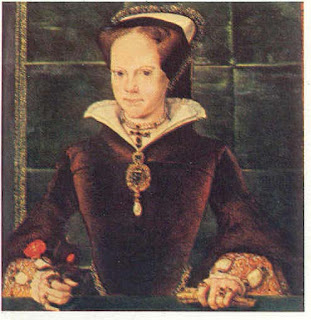Take a deep breath or a long rest and get ready for a ready mountain unlike anything else you have experienced. We are soon beginning John Milton's epic Paradise Lost. Here are some steps to get ready.
1. Read carefully and prayerfully the first three chapters of Genesis and as much of the Bible, perhaps in the King James version, as you can.
2. Read and remember and have access to as much of Greek and Roman mythology as possible. Read Edith Hamilton, Thomas Bulfinch, and Robert Graves. Have a mythology handbook nearby.
3. Read as much about mid-17th century England as possible. Read about Puritans, Cromwell, the Stuart kings, the Restoration, and life and learning during that period of history. (We will soon watch the movie Cromwell which will be helpful.)
4. Read as many of the shorter poems of Milton as you can. At least read the sonnets and re-read them. Then read the poems again, slowly, pausing over each word and phrase.
5. Read about Milton's life, blindness, literary career, political activities, theological views, and trials.
6. Become familiar with the names and works of Milton's contemporaries. His career follows that of Shakespeare and Spenser. Spenser's Fairie Queene would be a good prepatory reading before getting into Milton. Some of the other writers of his era, including John Bunyan (greatest of devotional writing), John Locke (greatest of political philosophy), John Owen (greatest of theology), and John Donne (greatest of poetry), are all helpful in capturing the spirit of the times in which he lived.
7. Take some long, meditative and reflective walks. Think of that Dooyeweerdian triad of man's creation, fall, and redemption. Think more deeply upon it than ever before. Jog or sprint, if appropriate.
8. Find and create a wonderful reading nook. Preferably, a nice, cushiony chair, with a window nearby overlooking a lake or the slope of a slightly wooded hill. Calming chamber music or acoustic guitar might be best.
9. Have a ready supply of good caffeine based drinks. Good strong coffee is my preference, but others might prefer hot tea or hot cocoa. Cokes or energy drinks? Doesn't fit the ambiance.
10. A clear mind, shined up around the edges with prayer, and uncluttered by techno-gadgets, trivia, and interruptions to the soul.

































